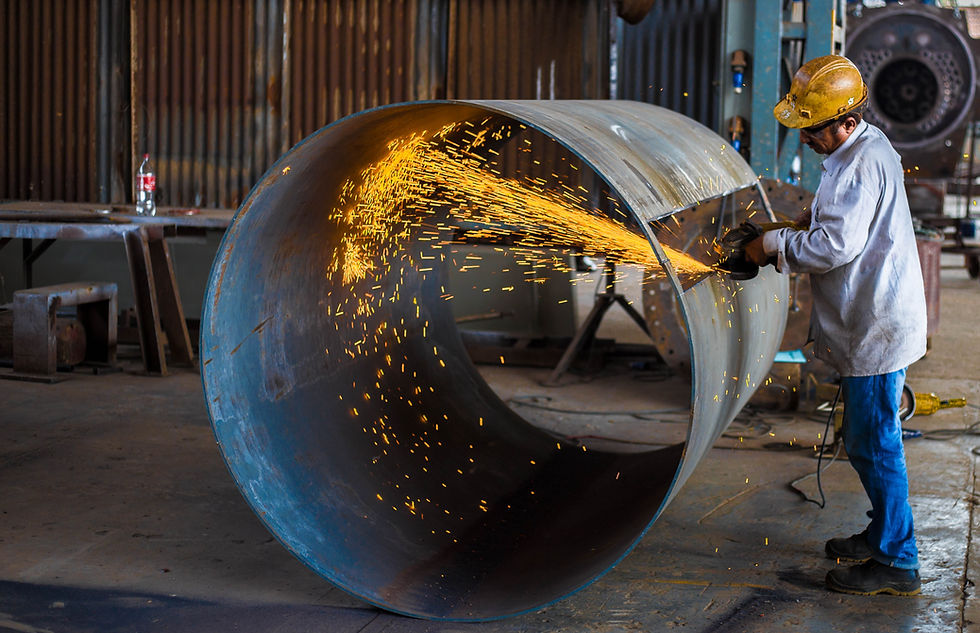By 2030 the demand for aluminium will be huge!
- Kathryn
- Mar 26, 2019
- 2 min read
Updated: Jan 13, 2020
There is a growing demand for aluminium worldwide as the trend moves towards lightweight construction.
Those who are observing the market trends, expects growth to continue and they say it has risen in recent years.

The world's largest producers of aluminium are The People's Republic of China and they continue to be the main growth manufacturer within the aluminium industry. The demand for primary and recycled aluminium being within the automotive industry for the development of lightweight constructions is rising. Also, the aerospace industry is seeing an increase request for this material, together with a rise in demand within the mechanical engineering and packaging markets.

Lightweight aluminium is used in vehicle construction as it reduces fuel consumption whilst increasing the load capacity by adapting and modifying the composition of its alloys which alter the strength of the aluminium.
It has been suggested that the emphasis on electric and hybrid vehicles, which is due to increase to 30% of the global auto market by 2030, could see a high demand for aluminium use due to its lightweight qualities.
Typical alloying elements are copper, magnesium, lithium, manganese, silicon, tin and zinc with 2 principal classifications: casting alloys and wrought alloys. These are divided into heat-treatable and non-heat-treatable categories.
Our Metallurgical Science I and II Modules cover the aluminium structures, mechanical properties and heat-treatment for a variety of metal compositions. Within our heat-treatment section the student would cover the participation hardening process which is particular to Aluminium and other metals. The students' learning outcomes will see them developing and understanding the terms relating to toughness, brittleness and ductility in relation to a variety of metals.
The knowledge and writing skills developed in the modules will be particularly useful when investigating failures and implementing remedies to resolve the failure. The student will learn the understanding of failures, not only why a material failed, but also the failure mechanisms.
Heat-treatment of aluminium is a requirement in industry and knowing how metals should be treated in such a way, together with knowing the affects it could have as a result of using this method, is covered in the modules.
M&C are offering Continuing Professional Development (CPD) training on the above subjects. We have various options to choose from ie a student can complete 1 or 2 full modules or take our Bite-Size Options.
If you want to know more about our courses contact us via enquires@m-cets.co.uk.






Comments